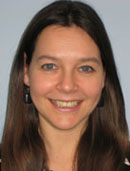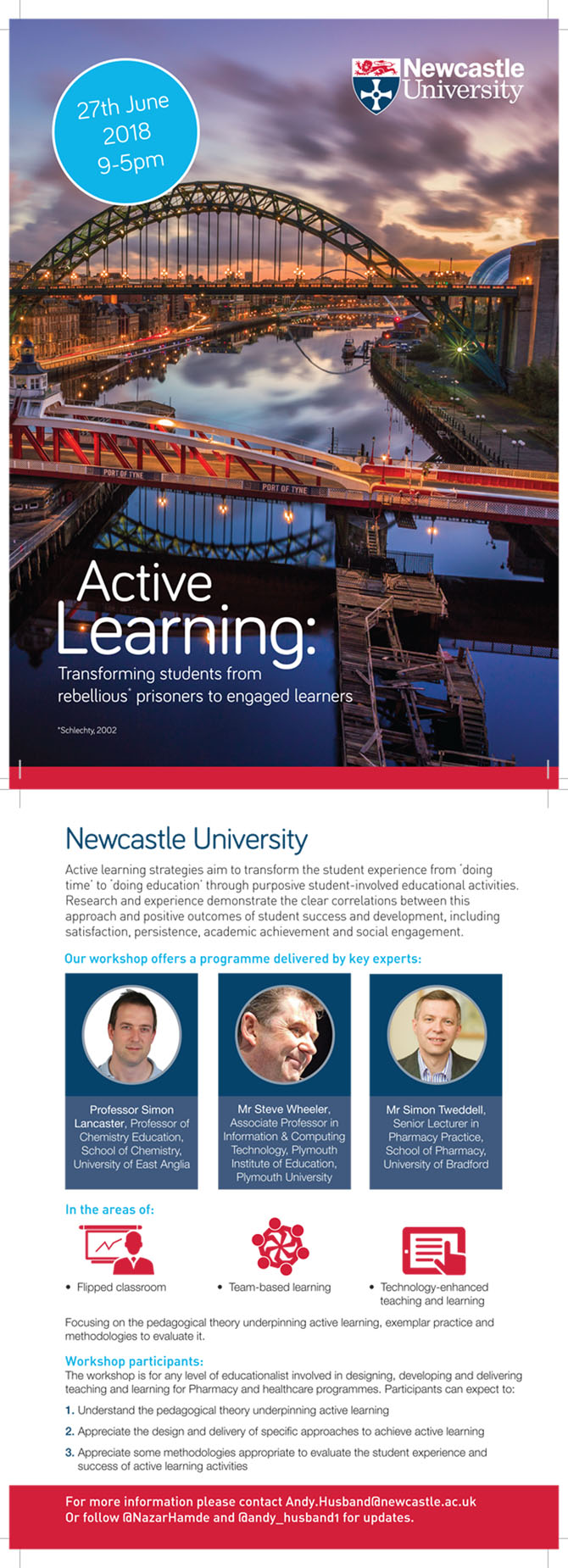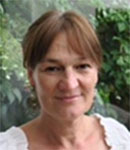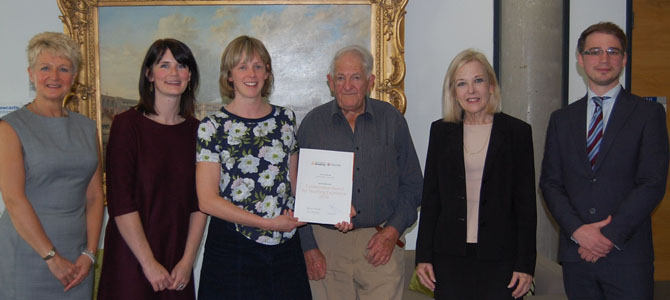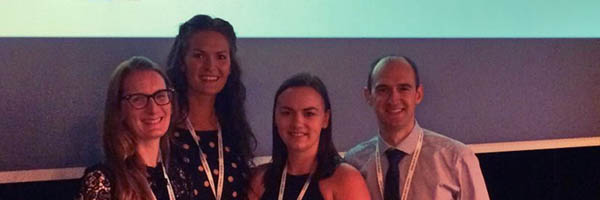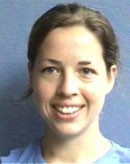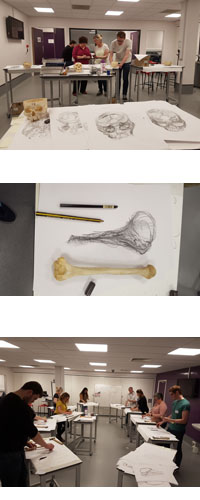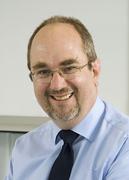 Welcome to this first newsletter of the new academic year. The new students have arrived and, as I write, are attending their first induction events, the first year conference and all the other activities that accompany starting at University. Meanwhile we in the faculty of Medical Sciences are also welcoming new colleagues. So, let me extend a warm welcome to those colleagues in the School of Medical Education and the Institute of Health and Society who have joined us from Durham. I also extend a warm welcome to colleagues in our new School of Pharmacy some of whom have also moved from Durham whilst others have been newly-appointed to join us in Newcastle. I hope you will all be able to attend some of our various events in our programme for this year and I hope to meet as many of you as possible during this year at one or more of those events.
Welcome to this first newsletter of the new academic year. The new students have arrived and, as I write, are attending their first induction events, the first year conference and all the other activities that accompany starting at University. Meanwhile we in the faculty of Medical Sciences are also welcoming new colleagues. So, let me extend a warm welcome to those colleagues in the School of Medical Education and the Institute of Health and Society who have joined us from Durham. I also extend a warm welcome to colleagues in our new School of Pharmacy some of whom have also moved from Durham whilst others have been newly-appointed to join us in Newcastle. I hope you will all be able to attend some of our various events in our programme for this year and I hope to meet as many of you as possible during this year at one or more of those events.
Our programme of regular events continues this year. We have a monthly Journal Club, a learning and teaching seminar programme with mostly external speakers and our two learning and teaching fora. Details of the Journal Club and Learning and Teaching Fora will be found in this newsletter. Please make diary entries now. The seminar programme is still being finalised. This year I am organising the programme slightly differently in that I am inviting Schools to nominate speakers. So confirmed speakers for the coming year are Naomi Winstone from Surrey, Carol Evans from Southampton, Dave Lewis from Leeds and Gavin Knight, from Portsmouth. Further speakers are being confirmed and I do have space in the programme for additional speakers. If anybody would like to propose further speakers I would be happy to include them in this year’s programme. Dates are still being agreed (it is quite a juggling act) but I can confirm that our first seminar of the academic year will be on November 8th and will be given by Naomi Winstone, a psychologist who has been looking at feedback practice but has also been carrying out some experimental work on feedback as well.
Other events to note in the coming year are two important education conferences both happening in Newcastle, the ASME Conference in July and the BERA conference in September (full details and links below). With these conferences both being held in Newcastle this provides a good platform to disseminate your work without having to travel the length of the country or further. I hope as many of you as possible will want to submit an abstract to one or other or both of these events. Abstracts for the British Educational Research Association Conference undergo quite a rigorous a peer review process. The Centre for Learning and Teaching normally, at one of their paper writing group sessions, pre-review abstracts so if you are thinking of putting forward an abstract then note the submission date and you can have your abstract reviewed internally prior to submission.
Two other events to draw your attention to are the conference being organised by the School of Pharmacy, Active Learning on the 27th June (details also below) and an international symposium on anatomy education on July 19th organised by Debra Patten in Medical Education (full details to appear in the next newsletter). As you can see we have a wide-ranging events programme already announced so I hope to see you at as many events as your busy timetables allow so get those dates in your diaries now.
Finally the ERDP Small Grants Scheme will continue next year. We have yet to decide submission dates but in the meantime you can start thinking if there are any projects that you would like to get started or short periods of study leave that you would like to undertake and for which you would wish to seek funding.
Another full year of activity is ahead of all of us. Our first priority is, of course, to deliver teaching and support student learning to the highest standards possible but in achieving that it is important that we also take time to think about our practice and the intention very much is for our programmes to be a part of that for you.
Prof Steve McHanwell, Director, FMS Unit for ERDP

